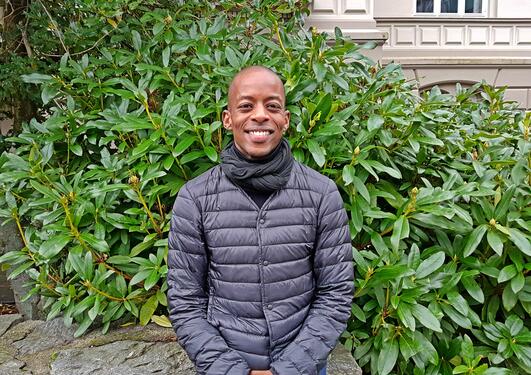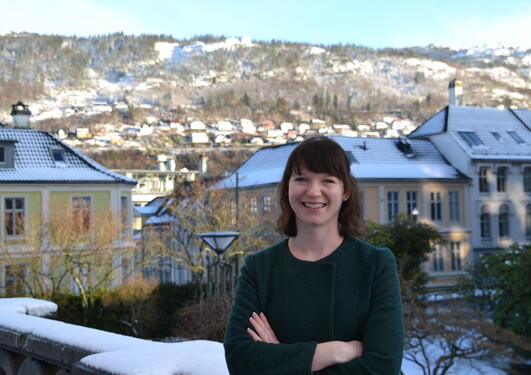Money power and gender balance in politics
Sampol-professor Ragnhild Louise Muriaas’ new research project “Money Talks” will research how financial means affect women's political representation.

Hovedinnhold
Over the last decades there has been a lot of focus on initiatives that can bolster women's political representation, such as quotas. Currently 39 percent of countries worldwide have adopted a gender quota system, but there are limits to what gender quotas can achieve. One important element has been given little attention: the power of money, such as economic incentives, funds targeting women etc., which can be viable alternatives or supplements to quotas. Muriaas found this puzzling, and wanted to look into different initiatives which focus on funding as a mechanism to achieve gender balance;
- I got very excited when I heard about two campaigns. One was Emily’s list in the United States. This organization facilitates women candidates as long as they agree to promote pro-choice. The second one was the 50-50 campaign in Malawi. This was a donor and government sponsored campaign that earmarked funds for women who wanted to run for a political office. I found these initiatives very interesting. They are kind of similar and emerged in candidate centered electoral systems where election campaigns are known to be expensive, and they are also less compatible with legislated gender quotas as there is only one representative per constituency.
Government officials, international agents and women’s activists have all pointed to lack of resources as a key barrier for women’s political engagement. One of the project’s aims is to develop a clearer typology:
- We term interventions that use funding as a remedy to promote gender balance in political office as Gendered Electoral Financing. The commonality between different kinds of gendered electoral financing schemes is that they all assume that funding incentivizes a shift in political behavior. The first aim of the project is to develop a typology of different kinds of Gendered Electoral Financing and to build theories about its causes and consequences.
Field studies are selected to cover two distinctive types of gendered electoral financing. The party oriented type is design to increase the demand for women in politics by incentivizing parties to nominate women through positive or negative financial sanctions. The candidate oriented type targets the supply side of political recruitment, by incentivizing women to run or stand for elections by providing cost relief through gender based funding or reduced expenses.
In addition to being the project leader, Muriaas will also contribute with her own research.
- My main contribution is to build new theoretical arguments based on different comparative case studies. My main countries are Cape Verde and Malawi, and I have been involved in interviewing successful and not-successful electoral candidates from different political parties about their experience in running for elections. In particular, we focus on the combination of background ambition, barriers and opportunities. This has been extremely interesting and we have been able to look into how particularly financial background, time and network affects someone’s chances to get elected.
Muriaas has clear goals for the project:
- My aim is to diversify our ideas of what kind of interventions that are in use to promote gender balance and to study the effects of financial incentives on political behavior. I also have a political goal with the project. I hope to show that even if the contexts are clearly different in various regions, some structural features and candidates’ experiences of running for elections can be quite similar. And you know, the world soon proved us right. We have experienced that the process of candidate selection and elections have passed by as planned in Malawi and Ghana, while our research design was really challenged by the snap elections in the UK and the success of Emmanuel Macron and En Marche! in France. We were supposed to study candidate selection in institutionalized parties and woops – the main parties in France got into serious trouble.
The project is cross-regional and covers cases like the United Kingdom, Malawi, France, Ghana, Cape Verde, Ireland, Kenya and Tunisia. The common factor between these different countries is that governments or activists have promoted different kinds of gendered electoral financing schemes. The broad empirical focus is employed to identify mechanisms that are context specific and those that are more general;
- I am particularly grateful that we have managed to move across the very strict regional lines that often applies in our discipline, says Muriaas.
Money Talks is funded by the Research Council of Norway (FRIPRO), and will be an active project until December 2020. In addition to the Bergen-based researchers, several well-accomplised international scholars in the field of gender and politics have joined the project.


